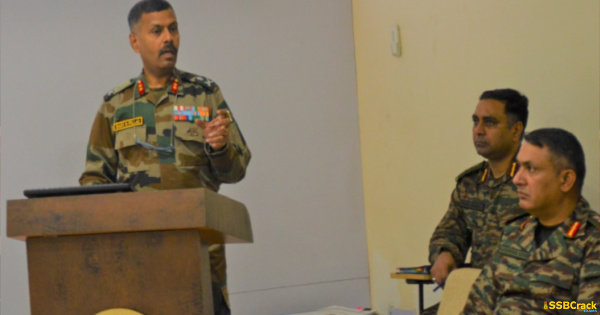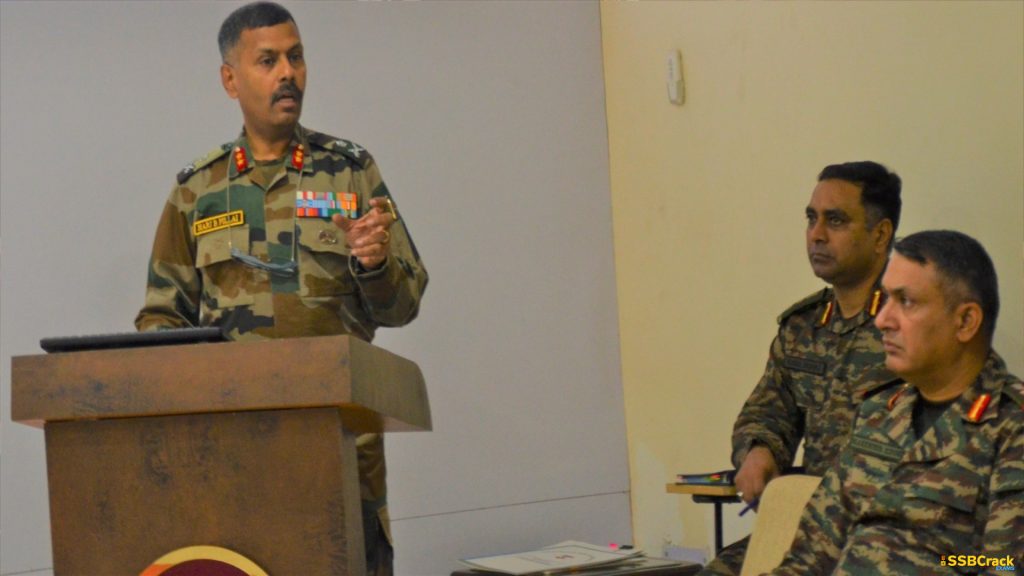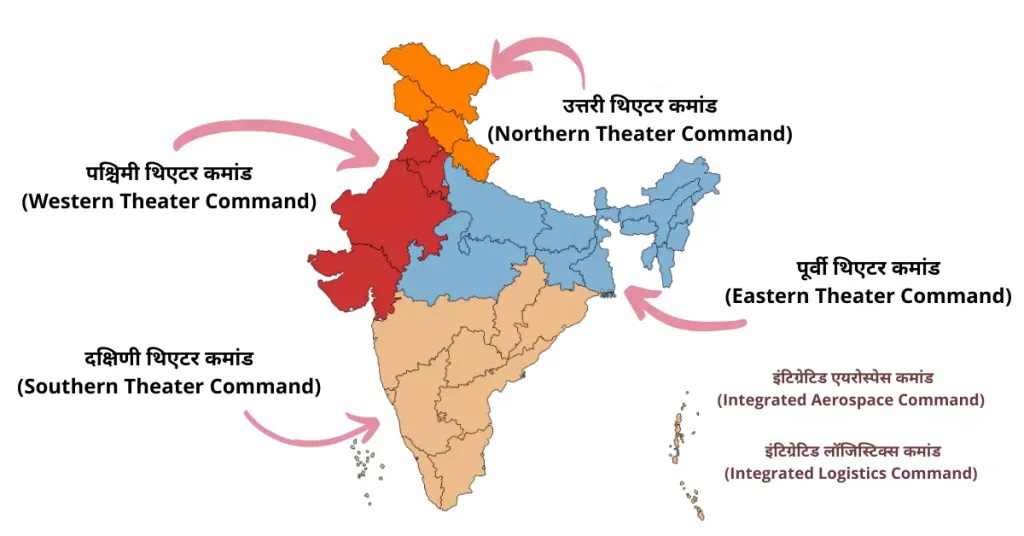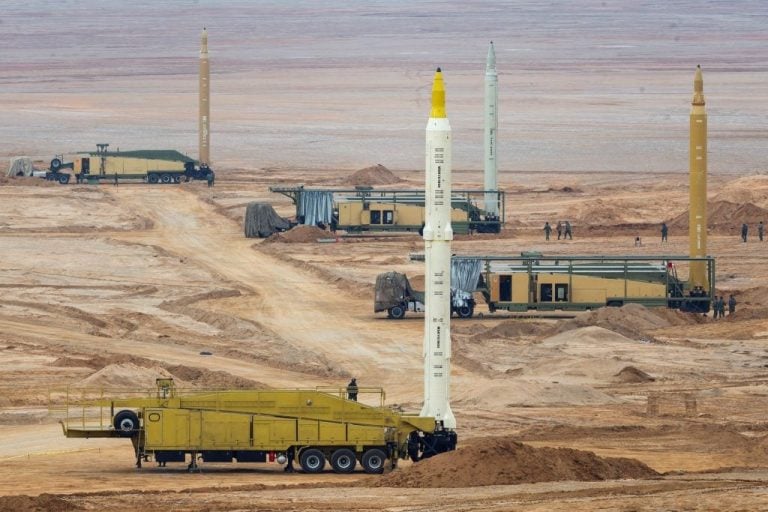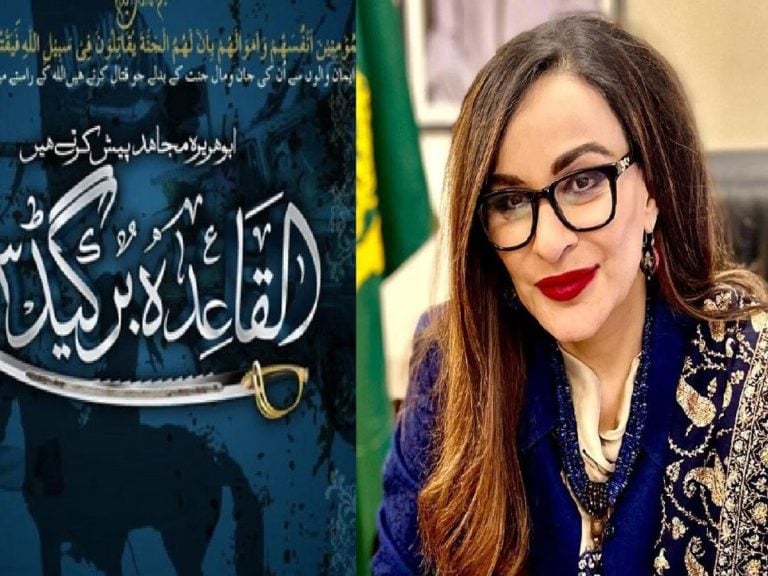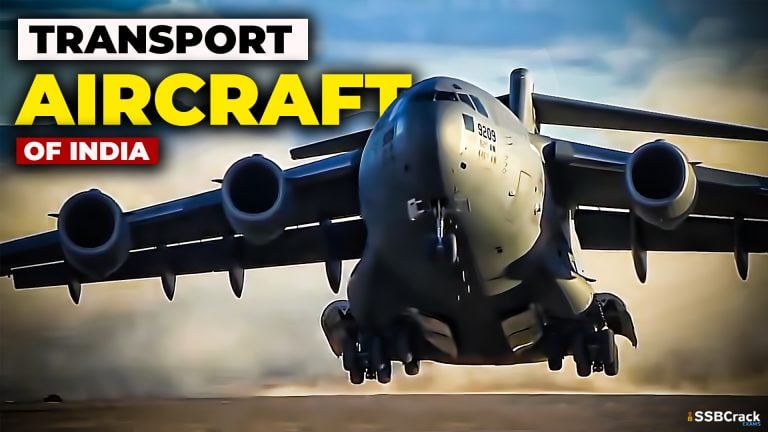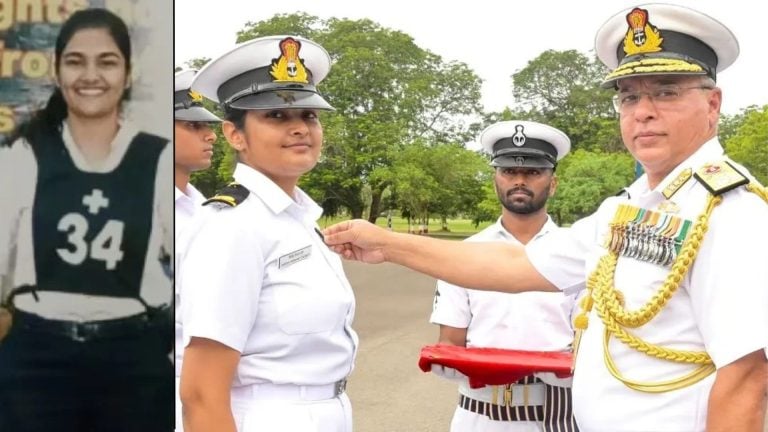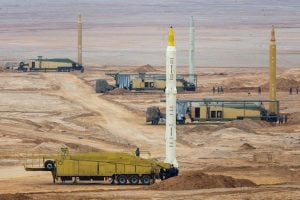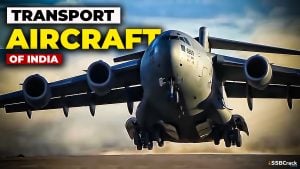Twenty-two years after India established its first tri-service command, the defence ministry introduced a bill in Parliament on Wednesday that will allow all existing tri-service and future theatre commanders to exercise disciplinary authority over personnel under their command.
What does the Act Say?
Personnel in the Air Force, Army, and Navy are currently governed by the provisions of the individual acts that govern each service — the Air Force Act of 1950, the Army Act of 1950, and the Navy Act of 1957. Officers can only exercise disciplinary powers over personnel from their own service under these acts.
However, a new bill introduced in the Lok Sabha by Minister of State for Defence Ajay Bhatt seeks to change this. It would allow a commander-in-chief or officer-in-command of an inter-services organization to exercise disciplinary authority over personnel from any service serving under or attached to “his” command. In addition, despite the fact that the armed forces have now allowed women to take command roles, the bill uses the pronoun “his” when referring to commanding officers rather than being gender-neutral.
Also read: What Is ‘Tetra Group’ And Four Operational Commands Of Indian Defence Forces?
According to the bill, the existing restrictions on disciplinary powers have a direct impact on the command, control, and discipline of inter-service organizations like the Andaman and Nicobar Command, which was established in 2001 as part of a larger tri-service synergy plan, and the Defence Space Agency. It also has an impact on joint training institutions like the National Defence Academy and the National Defence College. This is due to the fact that the commanders-in-chief or officers-in-command of such organizations lack the authority to exercise disciplinary or administrative powers over personnel from other services.
The personnel serving in inter-services organizations must, as a result, be returned to their parent service units for disciplinary or administrative action. According to the bill, this is not only time-consuming but also has financial implications due to personnel movement. It adds that the problem becomes more complicated when disciplinary or administrative proceedings arise from the same set of facts and circumstances but involve personnel from different services.
When this occurs, multiple sets of proceedings under the respective service acts must be initiated. According to the bill, this impedes the expeditious disposition of cases, lowering the standard of discipline.
To crack the SSB Interview and join the Indian Army as an Officer, You can join our SSB interview live classes batch and we recommend you to Enroll SSB INTERVIEW ONLINE COURSE. Trusted by thousands of defence aspirants.
Also read:


